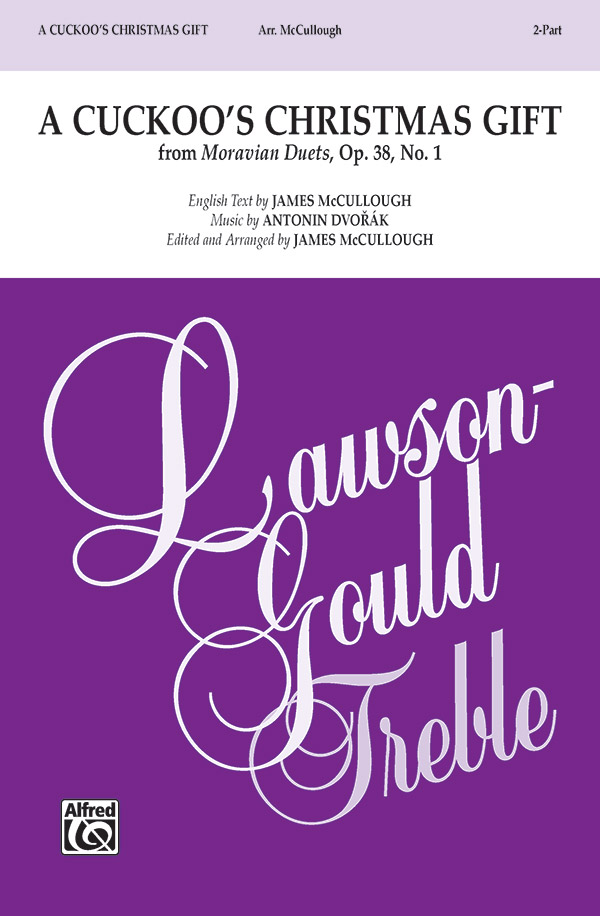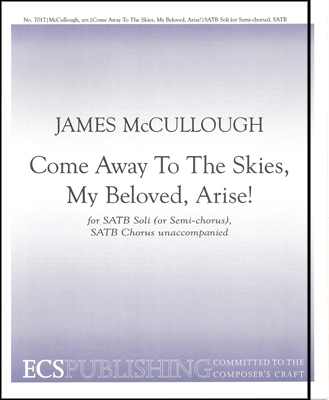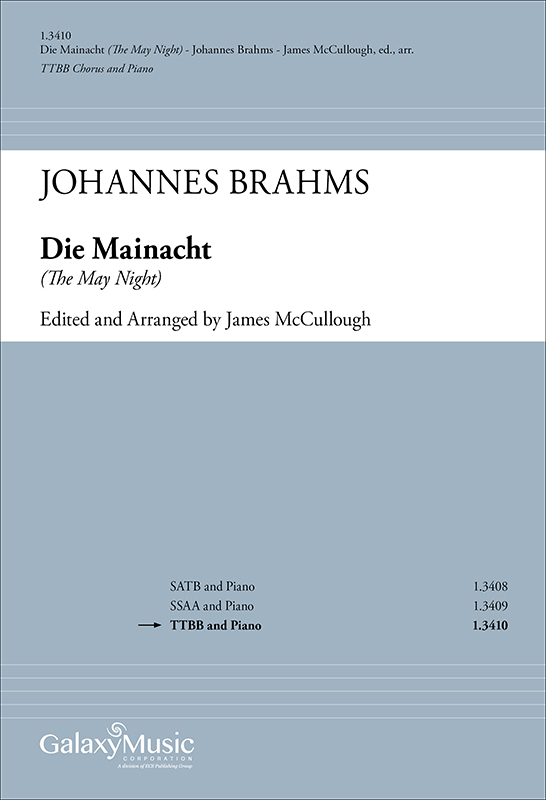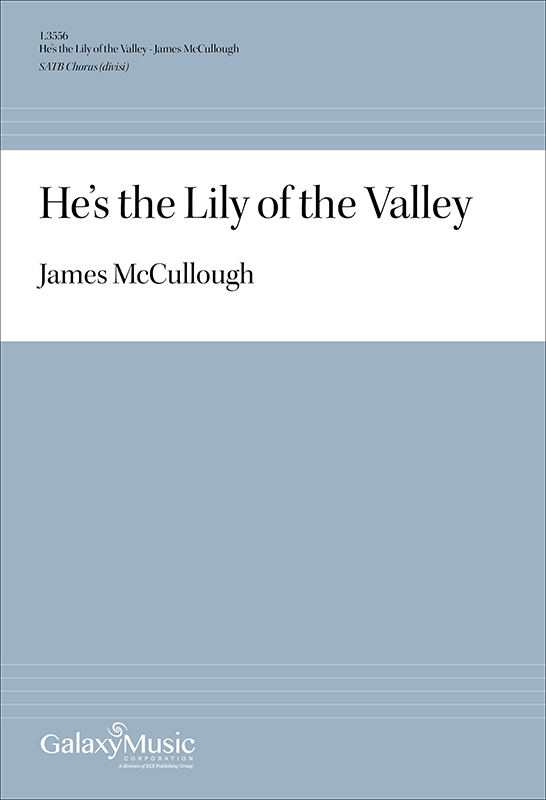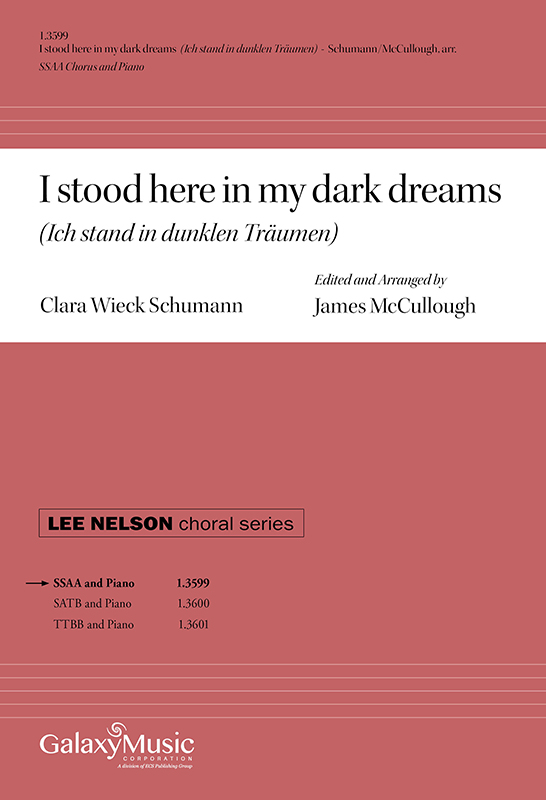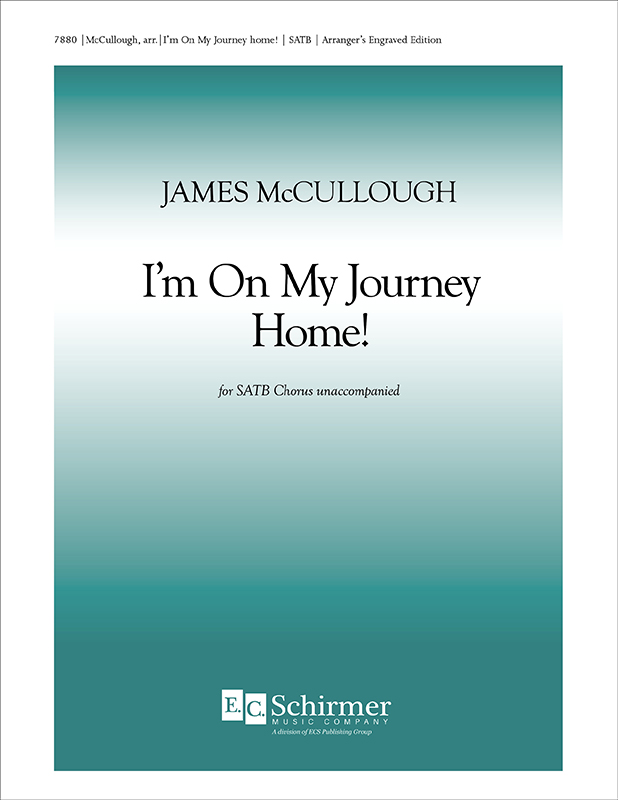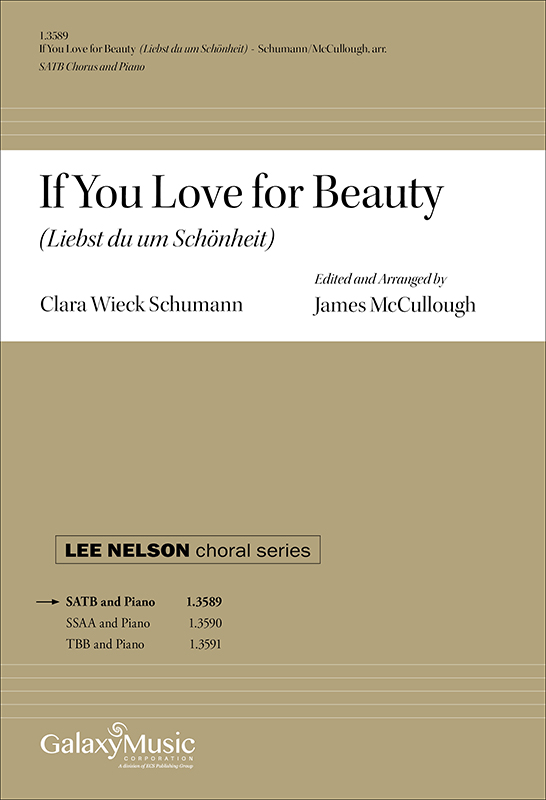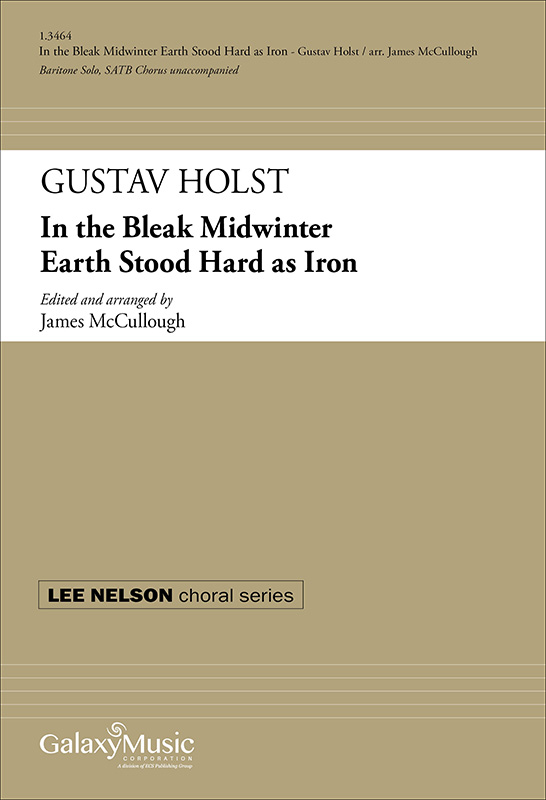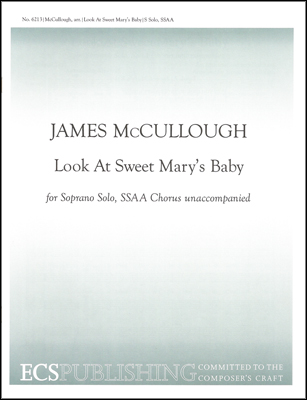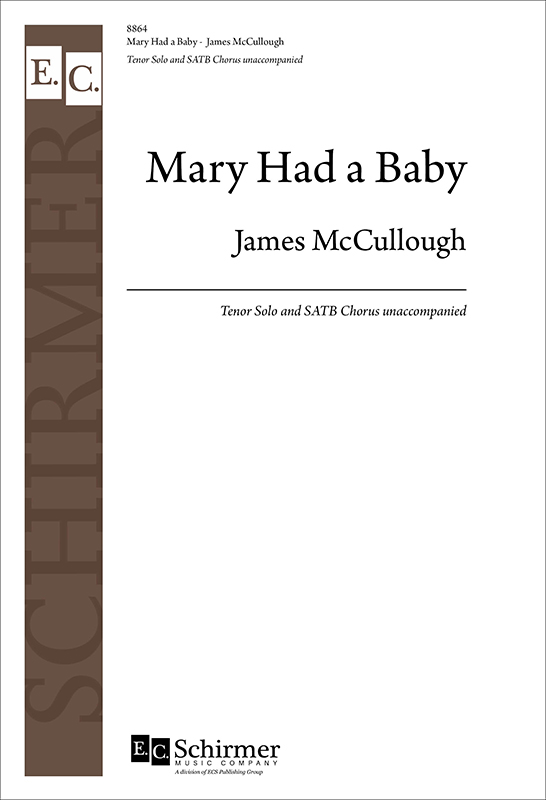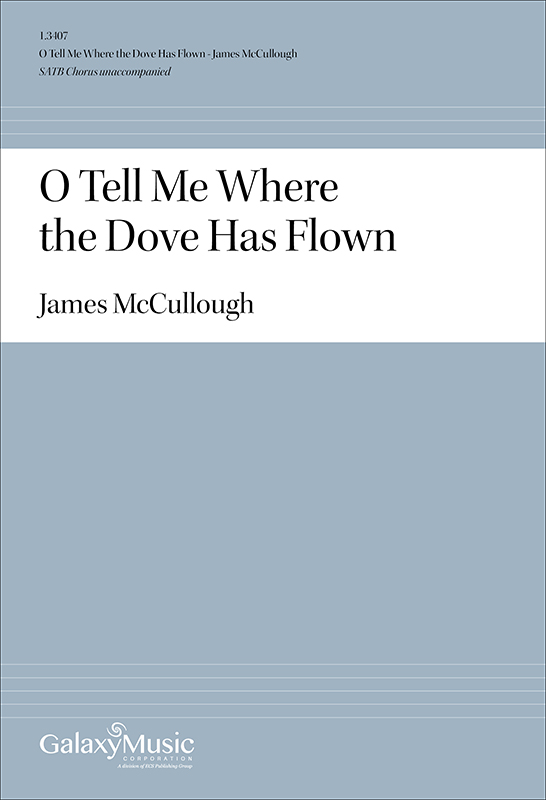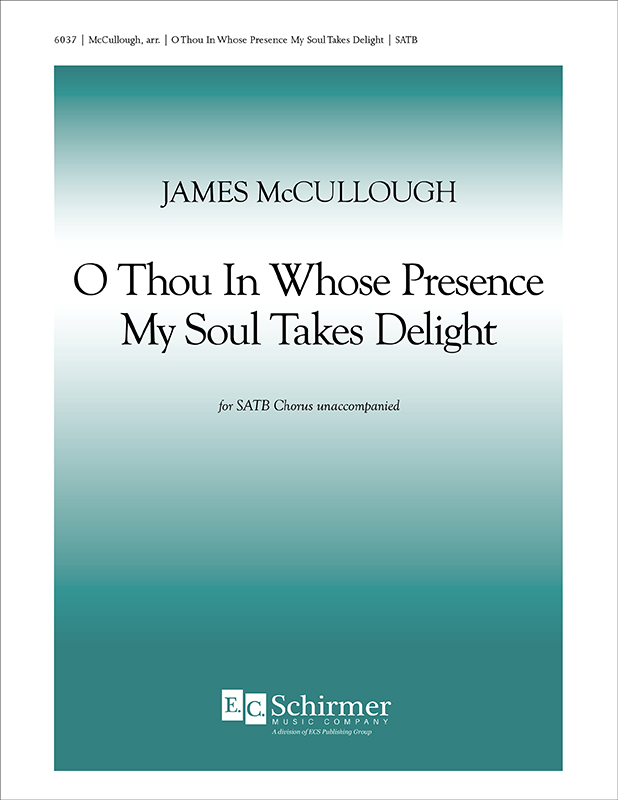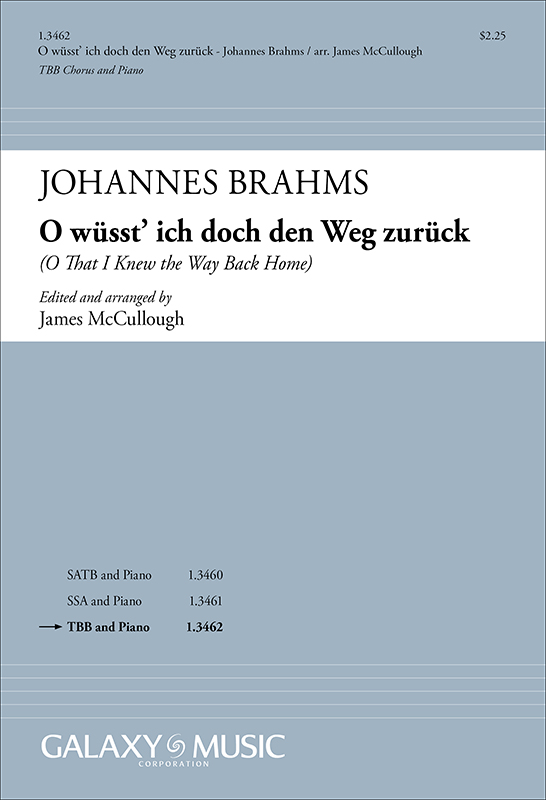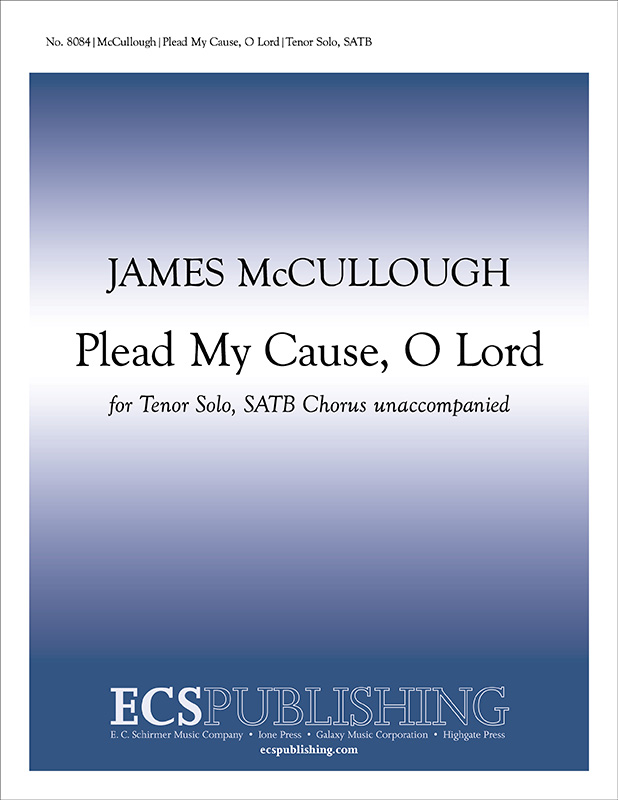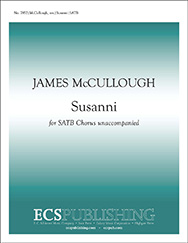In Celebration of the Human Voice - The Essential Musical Instrument
Home | Doo Wop | Barbershop | World | Contemporary | Christian | Vocal Jazz | Choral | Christmas | Instructional | Arrangements
Classical | Opera | Musicals | Personality | Young Singers | Disney | Videos | Songs | The Artists

James McCullough
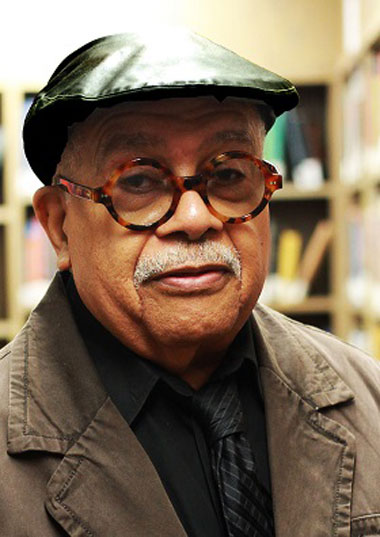
James McCullough worked for twenty years at Boston State College (now the University of Massachusetts Boston campus) as Head of the Curriculum Materials Research and Resource Center to support himself as a composer. As their Literature and Curriculum Materials Specialist, he also taught the undergraduate and graduate courses in Children's and Young Adult Literature. Later, returning full-time to music, he held a professional position at the New England Conservatory of Music in Boston. Then, for five years he also served as the Arts Administrator of the Music, Literature, and Folk Life programs at the Massachusetts Council for the Arts, Humanities, and Sciences (now the Massachusetts Cultural Council). During that time he continued to perform locally as a tenor soloist, and to compose music for many national and local Boston music organizations. A student of Daniel Pinkham and Undine Smith Moore, his complete music titles to date with their publishers are listed in The Boston Composers Project, which is published by the MIT Press. |
Displaying 1-16 of 16 items.
Adapted from one of DvorŠk's Moravian Duets, this piece adds a new English language text to the familiar melody. Subtle modal shifts and unique formal structure give the work interest and value, while vocal requirements are well-suited for young singers. An extensive educational essay by the arranger is included in the publication.
Composer: Johannes Brahms
Unlike some published versions of this African American spiritual, McCullough's rendering is "not slow, but not too fast," in the words of the composer. Transcribed from his father's singing of this tune, this version is "always flowing, with joyous conviction and thanksgiving." The divisi designation is not to be taken lightly; in one place the women divide into five parts and sing alone, in another the men similarly divide into four parts. The result is joyous and emphatic. Duration: 2:40
Clara Schumann's solo song expressing thankfulness for "True Love" has been expertly and effectively adapted here for SATB voices by composer/scholar James McCullough.
This new setting nicely balances the familiar with the creative, all the while treating the beloved Holst tune (and the full five verses of the Rossetti text) in a fully idiomatic manner for unaccompanied SATB chorus (divisi). There are touches of humor in the arrangement (a baritone soloist appears right where you'd hope he'd be, and at one point the basses sing sotto voce "Go, angels go!") as well as a clear intention to paint the deeper meaning of the text. This is a great addition to your Christmas repertoire. Duration: 4:30
Composer: Gustav Holst
This haunting folk tune is classified as Type I, which are hymns sung to settings of traditional ballad tunes. This classification was devised by Phillips Barry (1880-1937), who was a pioneering Early American folk hymn specialist and folk tune collector. The melody of O Tell Me Where the Dove Has Flown is in the Dorian mode. It is repeated five times in this edition, making the design of the entire work strophic in structure. The text authorship of the verses is unknown, rendering them as a traditional text. This setting includes five of the surviving six ABAB rhymed verses. This work was first performed in 1965 by the Boston University Marsh Chapel Choir conducted by Dr. Max Miller in a worship service. Duration: 4:45
This setting of an old American folk hymn features words from The Southern Harmony & Musical Companion (1854).
"Brahms' best songs are small, priceless jewels. They are unusual, mysterious, inventive, bass heavy, uncomplicated, melodious, and are glorious creations! All 206 of them are rejuvenating to hear. They are worthy of being performed more often than they are, right along with Schubert, whom Brahms revered.
My having edited and arranged this gloriously pensive and nostalgic Brahms song for chorus is an attempt to build more faithful Brahms lovers. O wusst' ich doch den Weg zuruck is a magnificent, miniature masterpiece of nostalgic longing for childhood, relinquishing mature growth, and yearning for an earthly, unattainable paradise." -James McCullough
Duration: 4:04Composer: Johannes Brahms
"Plead My Cause, O Lord was composed for my brother, Robert Louis McCullough, in 1971. It received its first performance by the Old South Church Choir, Copley Square, in Boston, during the Sunday Morning Service of March 7, 1972. Mr. Alfred Nash Patterson was the conductor, and the composer was the tenor soloist. Many other performances followed. A memorable one was given by The Marsh Chapel Choir of Boston University on Sunday, March 21, 1993. Julian James Wachner was the conductor and Frank Martinez was the tenor soloist. This piece uses the sprechstimme (or sprechgesang) technique appearing within an unaccompanied sacred work. This technique employs speech and singing without any specific pitch intonation. The first example of this technique appears in Pierrot Lunaire, the groundbreaking 1912 composition by Arnold Schoenberg (1874-1951)." -James McCullough
Duration: 3:09![]() Vocal Harmony Arrangements - Home
Vocal Harmony Arrangements - Home
Christian | Gospel | Standards | Musicals | Specialty | World | Barbershop | Contemporary | Vocal Jazz | Choral | Christmas
Mixed Voices | Female | Male | 8 Parts | 6 Parts | 5 Parts | 3 Parts | 2 Parts | Medleys | Solo | Folio Series | New Releases
Select a Category |
Want to Sing? - Find a Chorus Near You
List of Choruses by State | List of Choruses by City

